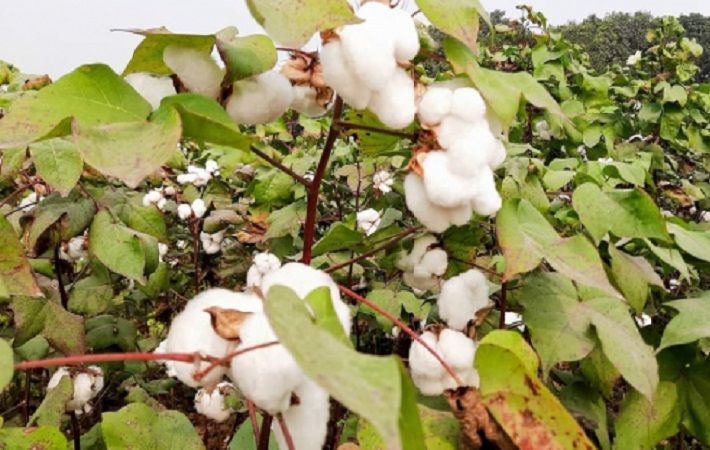
Now the new cotton variety is being planted at 13 different locations in Bangladesh and over 1,000 farmers are receiving training on the planting procedure, IAEA said in its press release.
“Mutation breeding is a new area of research for us and we now have this new cotton variant, which can be grown in a short period of time. We expect this fast pace growth will increase yields and farmers’ income by 40 per cent,” said Kamrul Islam, senior scientific officer and project director at Bangladesh’s Ministry of Agriculture’s Cotton Development Board.
Once widely used, the new variety is expected to bring macroeconomic benefits to the country as well. Due to lack of sufficient, high quality domestic supply, the cotton industry is currently dependent on imports. The alteration of the dry season and the monsoon season makes Bangladesh’s cotton particularly vulnerable, and the lack of a stable water supply year-round has caused huge losses in yields. This will be exacerbated by climate change. Hence, developing varieties that are tolerant to climate extremes and that grow at a quicker pace has been important for the country, Islam explained.
Irradiating cotton seeds with gamma rays to induce more variation, followed by selection for performance allowed for the development of the CDB Tula 1 variety, which is high yielding, drought tolerant and resistant to diseases while delivering a third crop per year thanks to its shorter maturity and its lack of sensitivity to the length of daylight.
Mutation breeding is cost effective and quicker than conventional breeding as it helps create numerous new genetic variations for a wider selection. By starting with so-called elite varieties for inducing genetic variation, the time to introduce additional farmer-preferred traits and develop new varieties is significantly reduced.
“Nuclear technology is helping scientists unmask the hidden potential in plants, allowing plant breeders to develop crop varieties with improved traits,” said Ljupcho Jankuloski, plant breeder and geneticist at the Joint FAO/IAEA Centre and the technical officer for the project. “By using radiation and related technologies to rapidly breed improved varieties, productivity can be accelerated.”
Bangladesh also benefitted from networking with scientists from other countries across Asia, working on similar programmes. “Exchanging experience on breeding methods specific to cotton also played a role in the success of Bangladeshi scientists,” said Massoud Malek the IAEA programme management officer facilitating this regional cooperation. “Such regional cooperation strengthens the efforts to address a crop such as cotton with common regional importance.”
Plant breeding is the process of exposing plant seeds, cuttings or other planting material to radiation, such as X-rays or gamma rays. Induced irradiation causes changes in the DNA, mimicking the natural process of spontaneous mutations and creates genetic diversity/variation in the cotton population. The individual plants are then multiplied and examined for their traits. Those exhibiting the desired traits continue to be cultivated and multiplied so they can be distributed to farmers around the country.
Fibre2Fashion News Desk (RR)